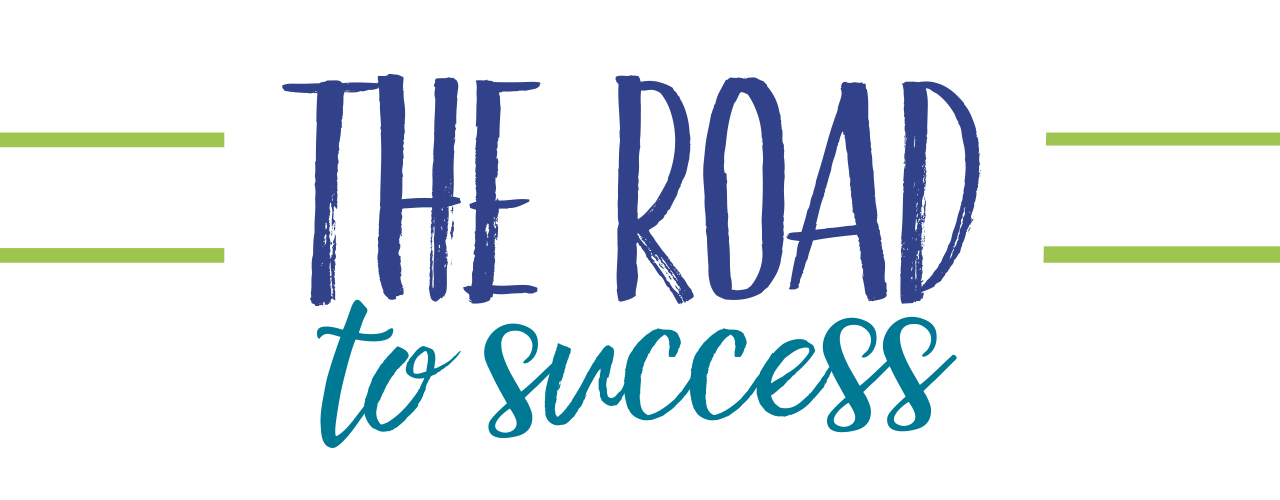Popular Blockchain Platforms Dominating the Crypto-Verse

#Popular #Blockchain #Platforms #Dominating #CryptoVerse [ad_1]
Photo by: Khanchit Khirisutchalual
Traditional financial systems, the healthcare industry, government, real estate, financial companies, and even cryptocurrencies, including Bitcoin, Ethereum, Ripple and the XRP token, are all but a few examples of how blockchain technology is a great asset for securing information and enabling secure digital transactions. The peer-to-peer networks used in blockchain technology allow for decentralisation, which further allows buying, selling and providing of services to be easier and more secure. Blockchains essentially function as a system where information is recorded, making it difficult or impossible to change, hack, or cheat the system. A few popular cryptos, including Ethereum, function as a currency, a cryptocurrency exchange platform, and a blockchain network. However, most alternative coins, called Altcoins, function on separate and self-designed blockchain networks, all with different functions specific to each coin.
Blockchain glossary with the most important terminologies
- Air-gapping: A method for securing computers where the device does not connect to the internet or any other open network.
- Airdrop: A token distribution method used to send cryptocurrency or tokens to wallet addresses.
- API: Application programming interface that enables the interface between a blockchain and another software.
- AML (Anti Money Laundering): A software intermediary that allows two separate applications to communicate with one another. APIs define methods of communication between various components.
- Block height: The number of blocks connected together in the blockchain. For example, Height 0 would be the very first block and is commonly referred to as the Genesis Block.
- BAAS (Blockchain As A Service): a third-party service that creates and manages cloud networks for companies in the blockchain network.
- Bounty/Bug Bounty: A reward for exposing computer code vulnerabilities and issues.
- Bytecode: A “low-level” computer language that is meant to be processed by a computer rather than a “high-level”, more human-like language.
- Coin: a representation of digital asset value that is generated via its own independent blockchain.
- DAO (Decentralised Autonomous Organisation): A Decentralised Autonomous Corporation is an organisation or corporation run by a computer, not a governing body or authority.
- DApp: A decentralised application that functions only on a blockchain or form of distributed ledger system
- DeFi (Decentralised Finance): The core of blockchain as a concept which removes central authorities and intermediaries.
- DLT (Distributed Ledger Technology): Another term for blockchain.
- KYC (Know Your Customer): A process that gathers and verifies information on the identity and background of customers.
- KYT (Know Your Transaction): A process that gathers information on transactions made by financial institutions.
Bitcode Method, a holy grail for everything crypto-related, delves into blockchains and provides comprehensive information on the different types and functions. Below is a list of the most popular blockchains every beginner, crypto enthusiast and those advanced in crypto need to know about:
Top six blockchain platforms
- Avalanche:
Avalanche (AVAX) is a cryptocurrency and blockchain platform that rivals Ethereum. AVAX is the native token of the Avalanche blockchain, which uses smart contracts to support various blockchain projects. Moreover, the blockchain can provide efficient and near-instant transaction finality. Avalanche also enables its users to build inexpensive decentralised applications with quick scalability through minimal hardware, allowing them to create and launch customised private and public blockchains.
- Ripple:
Ripple is a blockchain-based digital payment network and protocol with its own cryptocurrency, XRP, that functions through a consensus mechanism via a group of bank-owned servers to confirm transactions rather than using blockchain mining. This blockchain offers users or businesses solutions that are presumed to be faster, more transparent, and cost-effective than traditional financial services.
- Solana:
Solana is one of the most popular cryptocurrencies among more than 10,000 in existence. The cryptocurrency platform is Solana, while the individual unit is a sol. This blockchain serves as a worldwide network that supports executable code in the form of smart contracts and a unique proof of history mechanism that enables the network to process thousands of transactions per second.
- Dogecoin:
Dogecoin (DOGE) is a peer-to-peer, open-source cryptocurrency and an altcoin. Dogecoin may be used for payments and purchases. The core factor of this blockchain is that it functions quicker than Bitcoin and can process transactions at a rate that is ten times quicker than the most popular blockchain.
- Ethereum:
As mentioned above, Ethereum is the second most popular Blockchain dominating the crypto-verse. It functions as a blockchain for Web3, NFTs, decentralised finance, social networks and crypto staking. In addition to this, it is also a crypto exchange platform and a currency (ETH).
- Bitcoin:
Bitcoin is the world’s leading cryptocurrency, a trusted blockchain and a crypto transaction search engine. The Bitcoin blockchain functions on a public network, making it completely decentralised. This means that anyone with a device that has access to the internet has access and can participate in the network. The network is not owned by anyone; thus, anyone with a computer can access a copy or hold of other nodes or blocks in the network. Moreover, within this blockchain, transactions and records can easily be verified.
Cryptocurrency is vast, and making an investment is a big decision that an individual cannot take lightly. Thus, every crypto beginner or enthusiast must educate themselves and stay in the know concerning the essential aspects of crypto. Though the information is seemingly complex, once you know the basics, including which sites to follow, to stay updated, learning becomes easier and more fun.
[ad_2]
Source link
